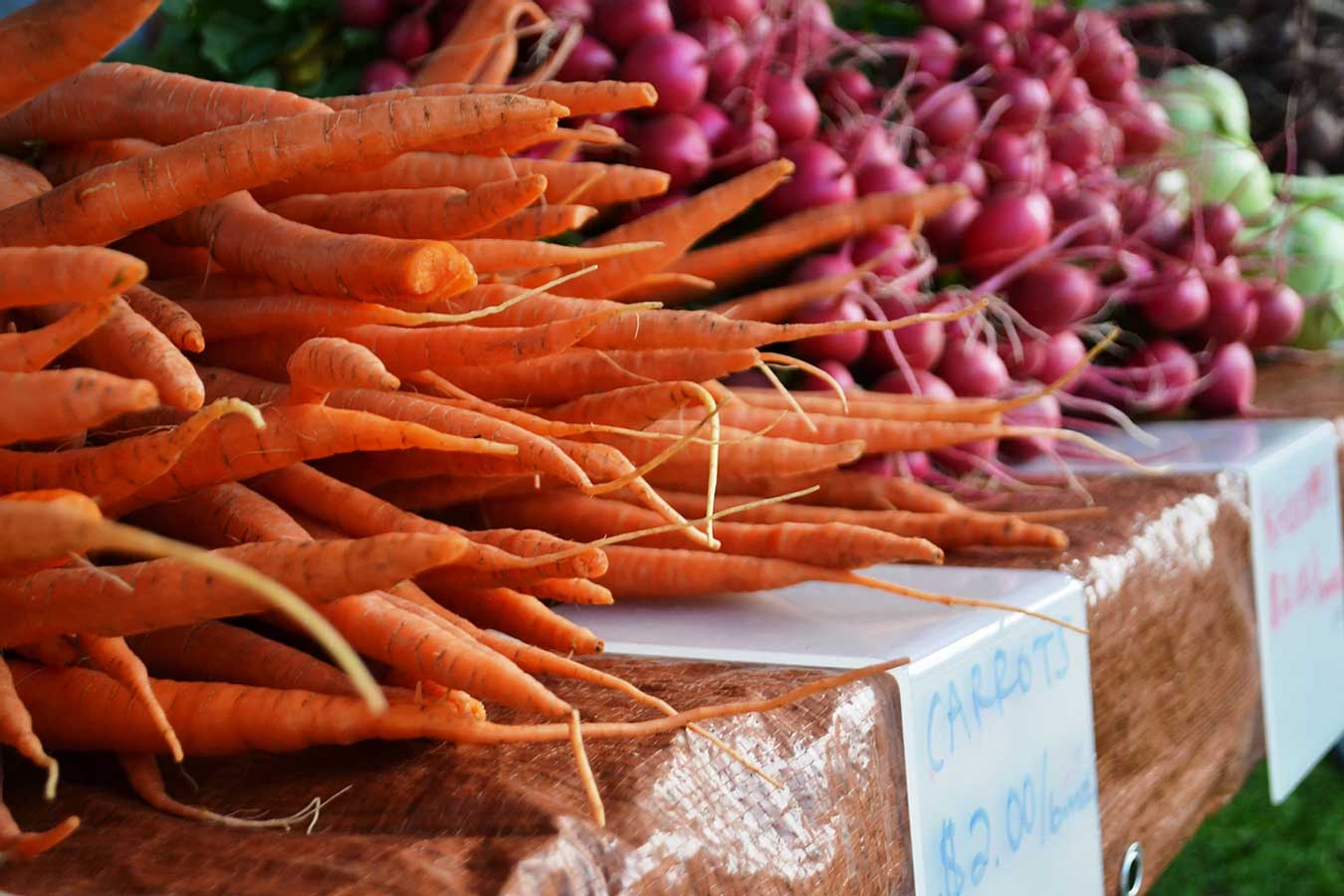“What should I be eating?” is always such a difficult question to answer. When it comes to seniors it varies even more. The key is to balance your nutritional needs and your quality of life, knowing that meeting those nutritional needs can greatly enhance how you feel and what you’re able to do every day. I’m not going to tell grandma in her 90s to never eat chocolate or drink a margarita. Striking that balance is what’s important.
As we age, our ability to digest nutrients decreases as does metabolism. So, it’s even more important to balance caloric intake with activity. And because digestion slows, it’s important to make sure you’re eating plenty of fiber, drinking plenty of fluids, and getting adequate exercise. This is important at any age but especially important to keep in mind as we get older.
Sometimes the act of eating can be overwhelming or exhausting for seniors especially if you’re ill or lacking energy. So, for some, eating healthy might mean actually including regular meals and snacks in their daily routine. It’s important to make sure you’re saving energy for meals and taking time to eat when you’re hungry especially if you don’t feel well. Small, nutrient-rich snacks like fruits and vegetables can help with your energy level and help your immune system.
That being said, seniors, like many people, sometimes do not get enough fresh fruits and vegetables, which are a great source of fiber and vitamins and minerals. The worry of something going bad before you can consume it leaves people reluctant to buy their produce fresh at the store. However, canned or frozen fruits or vegetables are a great option too!
Cooking at home can help provide healthier options, but when you live alone or with your spouse, it can be daunting when a trip through the drive thru is so much easier. I would suggest that when you do take time to cook or prepare meals, make enough for 2 or 3 meals. This will help maximize your energy efforts and help with cost savings. Soups, broths, fruits, and vegetables all contain water which can help keep you hydrated.
Take aways! If there were only three things that you could take away from this article, it would be the following:
1. Make sure to stay active. Walking or swimming is great activity for seniors!
2. Include fruits and vegetables at mealtimes when possible. If you struggle to eat fruits and vegetables, consider taking a multivitamin and multi-mineral supplement.
3. Meet with a Registered Dietitian who can provide meal ideas and support to keep you encouraged about your health.
Amber Pankonin is a Registered Dietitian, Podcaster, and Culinary Student. You can find her recipes at Stirlist.com and listen to her podcast at HealthyUnderPressure.com.

